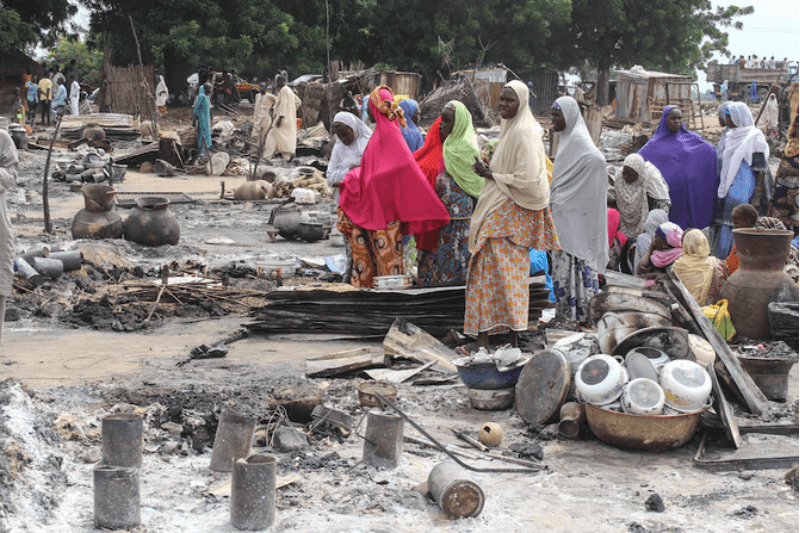Currently struggling with a cholera pandemic that has engulfed West Africa is the Nigerian government. Medical professionals are advising citizens to keep good cleanliness when handling food and liquids as officials labor nonstop to stop the spread of this diarrhea ailment.
To stop the cholera from spreading, Dr. Adewale Adeleye underlined the need of careful eating and water habits as well as of good hand washing. Given that the condition is quite contagious, he counseled people to follow all health recommendations and act early.
” Usually, the Vibrio cholerae bacteria contamining food or water causes cholera. Key preventive steps are ensuring safe water, environmental hygiene, and correct hand washing, said Dr. Adeleye. He also underlined the need of correct cooking and management of food.
Although people at great risk can get vaccines, Dr. Adeleye pointed out that mass immunization is not now advised for cholera. “These vaccines are generally meant for specific at-risk groups, and their immunity wanes after two to three years, requiring booster doses,” he said.
Authorities in Lagos, Nigeria’s commercial center, say they are making headway in their fight against the outbreak. The Lagos State Commissioner for Health, Professor Akin Abayomi, reassured citizens that the matter is under control and advised them to keep on their regular activities following advised hygienic standards.
Head of the Nigeria Centre for Disease Control and Prevention Jide Idris said the government is dedicated to reduce the effect of cholera on public health. “since June 2024, when we alerted the public, the federal government has been actively responding to the cholera outbreak,” he stated.
With a case fatality rate of 2.8% the Nigeria Centre for Disease Control and Prevention recorded over 3,600 suspected cholera cases and 103 deaths as of July 15. Mostly waterborne, cholera—an acute diarrhea disease brought on by Vibrio cholerae—is connected to insufficient access to sanitary facilities and clean water. It is usually passed on by eating contaminated food or drink, especially in rural regions with inadequate hygienic standards and restricted access to safe drinking water.
Health authorities have stepped up public awareness programs stressing the need of keeping cleanliness and using only treated or boiling water for cooking and drinking in reaction to the epidemic. To assist stop the sickness from spreading, community health professionals also are handing chlorine tablets and oral rehydration treatments.
Medical teams sent by the federal government to the worst impacted areas have also established temporary treatment centers and supplied required medications. These initiatives seek to stop more infections and give those sick instantaneous treatment.
Notwithstanding the continuous efforts, the cholera epidemic emphasizes the urgent need of better public health systems and infrastructure for Nigeria. To stop next epidemics, long-term remedies include better access to healthcare, education of communities about hygiene habits, and enhancement of water sanitation infrastructure are important.
Keep Reading
Working with Nigerian authorities, international agencies including UNICEF and the World Health Organisation (WHO) are helping to support the cholera crisis response. To increase the nation’s capacity to control and manage the epidemic, they are offering technical support, financing, and tools.
All participants, including government agencies, medical professionals, and the public, must cooperate as Nigeria addresses this public health concern. The spread of cholera can be stopped by giving hygiene and sanitation top priority, following health recommendations, and helping continuous efforts top priority, thereby preserving the health and well-being of the country.

